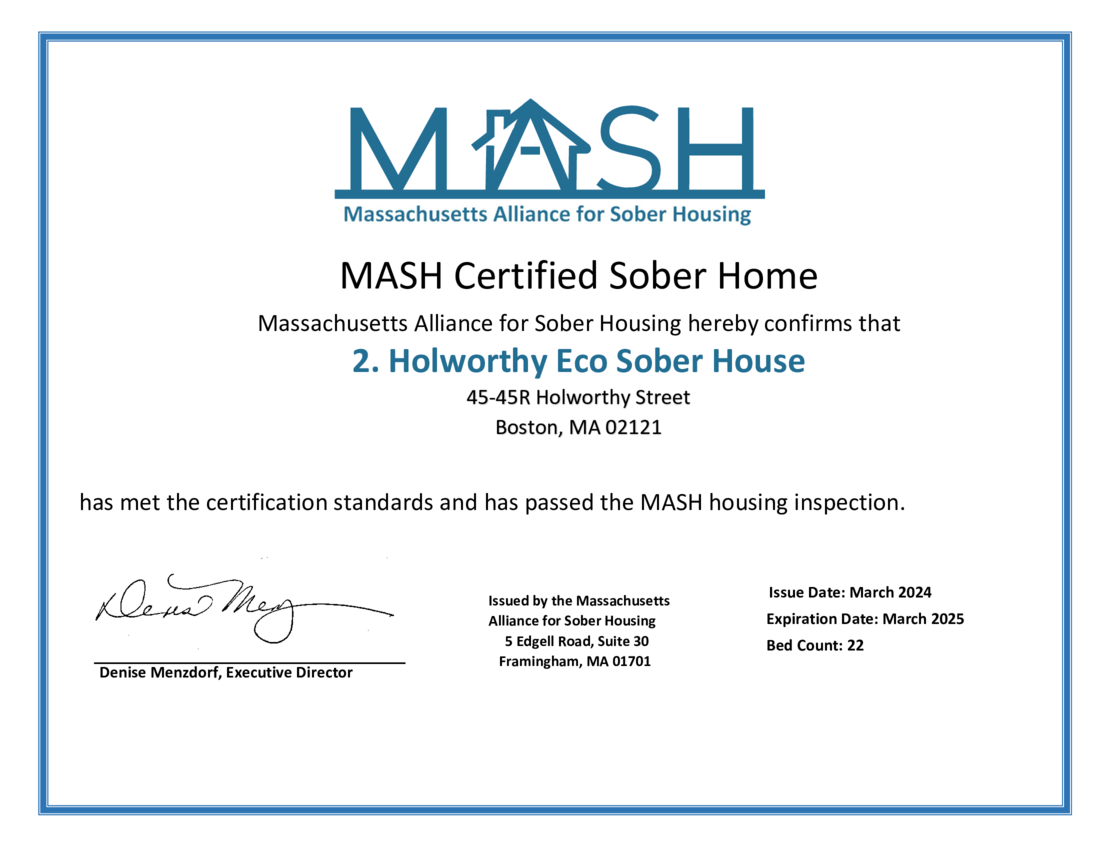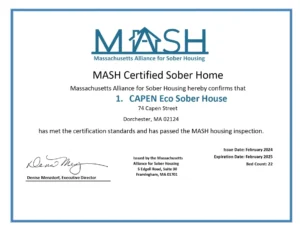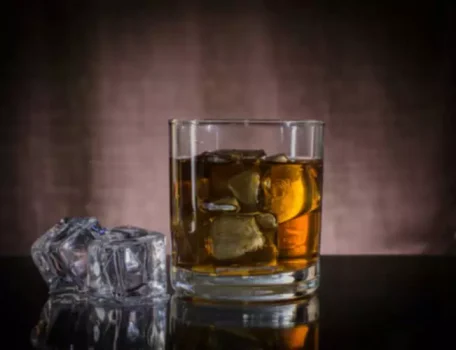10 of the Best Alcoholic Beverage for People with Diabetes

In people with diabetes, the pancreas does not produce sufficient insulin (type 1 diabetes) or the body does not respond appropriately to the insulin (type 2 diabetes). Alcohol consumption by diabetics can worsen blood sugar control in those patients. For example, long-term alcohol use in well-nourished diabetics can result in excessive blood sugar levels.

Referent-Specific Data
- So you may not know if your blood sugar is low or what you’re feeling is just the effects of the alcohol.
- The findings discussed here presents that the role of chronic use of alcohol on diabetes might be high of importance for clinical research and practice.
- The risks depend on how much alcohol a person consumes, as well as the type.
- However, whether these adverse effects in humans are mediated by changes in glycemic control and/or insulin action is far from clear.
- The two most common forms of DM are type 1 (T1DM) and type 2 diabetes, with T1DM accounting for approximately 10% of all cases in Caucasians [18].
Alcohol dependent subjects were found to have decreased plasma BDNF levels and impaired insulin resistance, which is a major pathogenic feature of T2DM. This might indicate that BDNF may be linked to the pathophysiology of T2DM after alcohol use. Ketoacidosis, which occurs primarily in diabetics, is a condition characterized by excessive diabetes and alcohol levels of certain acids called ketone bodies (e.g., acetone, acetoacetate, and β-hydroxybutyrate) in the blood. Elevated levels of those compounds can cause nausea, vomiting, impaired mental functioning, coma, and even death. Ketoacidosis is caused by complete or near-complete lack of insulin and by excessive glucagon levels.
Alcohol and your weight
Initially, resistance can be overcome by increasing insulin production. A deficit in insulin secretion, coupled with the state of insulin resistance, leads to T2DM [20]. https://ecosoberhouse.com/ Therefore, T1DM is characterized by a complete lack of insulin production, whereas, T2DM is characterized by a reduction of insulin production plus resistance [21].

2. Insulin Secretion and Plasma Concentrations

In an average person, the liver breaks down roughly one standard alcoholic drink per hour. Any alcohol that the liver does not break down is removed by the lungs, kidneys, and skin through urine and sweat. If someone chooses to consume alcohol, they should have food with it and keep a close watch on their blood sugar.
For example, neither a single oral dose of alcohol [93] nor a 4 h intravenous infusion altered plasma insulin concentrations determined 12 h later. Similarly, no change in the plasma insulin concentration was reported in chronic alcohol-fed rats [14,57], which is consistent with the lack of a significant change in pancreatic insulin content [89]. Additionally, 1–3 weeks of moderate alcohol consumption in humans did not alter the basal insulin concentration [61,87] and plasma insulin did not differ after long-term moderate alcohol intake [96]. The relationship between the magnitude of alcohol consumption and basal insulin concentrations may also be J- or U-shaped. For example, mild to moderate alcohol consumption in humans has been repeated demonstrated to decrease fasting insulin levels relatively to subjects consuming no/low alcohol and/or those with a high alcohol intake [22,23,24,109,110]. Drinking alcohol while taking Ozempic (semaglutide) is a topic that warrants careful consideration, according to published research.

You can save your life by drinking slowly
Treatment for Alcohol Addiction
What to know about type 2 diabetes and alcohol
- People with diabetes should be particularly cautious when it comes to drinking alcohol because alcohol can make some of the complications of diabetes worse.
- In addition, alcohol consumption may excessively raise or lower your blood sugar levels, depending on the drink and whether you have eaten recently (2).
- Don’t use dangerous equipment, or engage in activities that require coordination, concentration, or alertness.
- “You need to know if your medications or any diabetes-related conditions you have could be seriously affected by alcohol consumption,” emphasizes Harris.
: Sober living | Tags:
Vous pouvez suivre les prochains commentaires à cet article grâce au flux RSS 2.0

 Service commercial : 01 80 88 43 02
Service commercial : 01 80 88 43 02
Répondre
Désolé vous devez être connecté pour publier un commentaire.